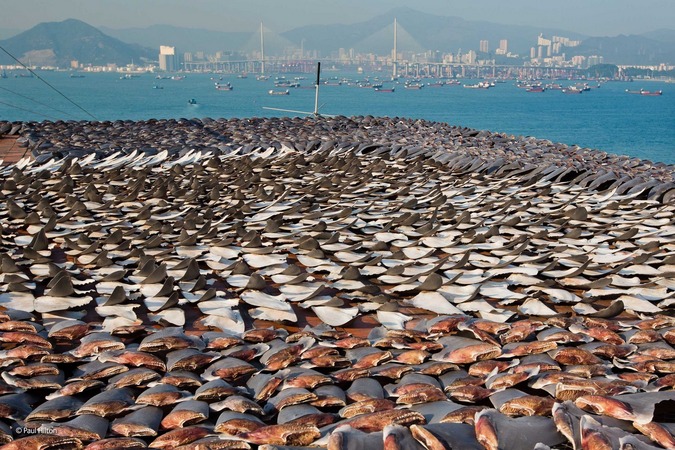
© Paul Hilton
Press release from WILDTRUST
Shark finning is killing an estimated 100 million sharks annually. This practice is mainly driven by a demand for a delicacy in the East known as shark fin soup. The soup is a symbol of prosperity and is traditionally served on special occasions such as weddings.
“From a conservation perspective we are very concerned about our sharks,” said Dr Jean Harris of WILDTRUST. “Illegal fishing, bycatch and shark finning are depleting global shark populations at a dramatic rate, resulting in a large percentage of shark species being identified as threatened and endangered.”
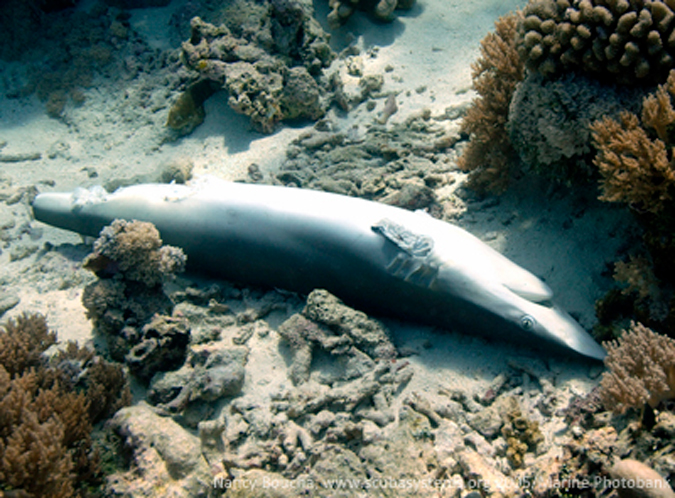
Dead shark after being finned
Finned shark. Image source: blogs.ubc.ca
57 signatory parties from academia, retail (including Woolworths), fisheries, the NPO sector (including WILDTRUST) and even the South African Department of Agriculture, Forestry and Fisheries (DAFF) have signed an anti-shark finning letter in a bid to stop finning from being “tolerated” and continuing within Marine Stewardship Council (MSC) certified fisheries.
The letter, driven by the international organisation ‘Sharkproject’ and endorsed by WILDTRUST (with its two programmes – WILDOCEANS and WILDLANDS) and other parties from across the globe, expressed concern with the Conformity Assessment Bodies (CABs) for having failed in implementing the MSC standard linked to shark finning. In the letter, addressed to the Marine Stewardship Council – Rupert Howes, their Board of Trustees as well as the Stakeholder Advisory Council, the signatories have asked that certification be revised to require that a “fins naturally attached” policy be put in place and complied with for a fishery to receive a measure of sustainability score of SG60.
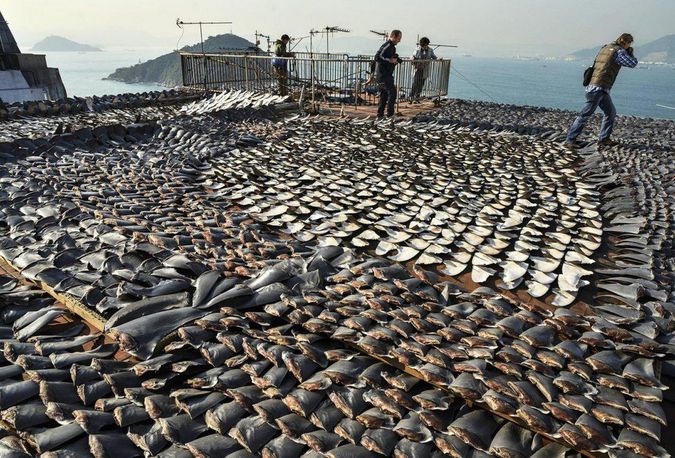
© Melissa Cristina Marquez
The parties feel that there is a lack of consistency in scoring, citing the Parties of the Nauru Agreement (PNA) fishery, where there were at least 429 incidents of shark finning, and they were awarded a score of 80 (meaning highly likely that no shark finning is taking place). Meanwhile, the Tri-Marine fishery, where there were 21 reported incidents of shark finning, received a score of 75 (indicating that it is likely that no shark finning is taking place).
“An additional problem is that illegal shark fisheries often simply cut the fin and throw the body back into the water, making it very difficult to determine whether it was an endangered shark or one that is sustainably harvested,” commented Harris.
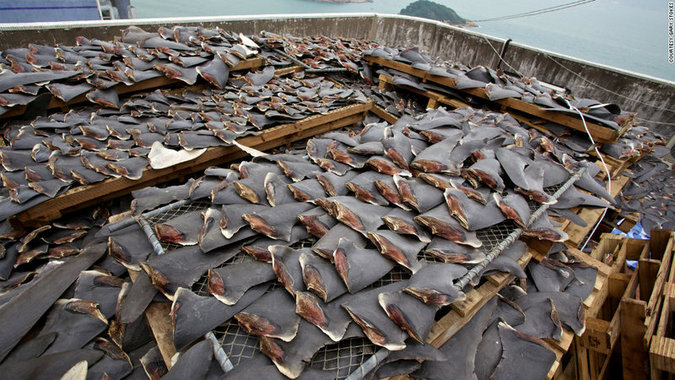
Shark Fins. Image source: Gary Stokes/change.org
The MSC’s policy on shark finning states in short that the Conformity Assessment Bodies (CABs) should not certify or maintain the certification of a fishery when there is objective, verifiable evidence that indicates shark finning is taking place.
“The CABs have repeatedly made determinations on the likelihood of the existence of finning, despite noting a lack of data. If finning, bycatch, and compliance data are unavailable or insufficient, CABs should be prohibited from certifying the fishery,” the letter stated.
The MSC environmental standard for sustainable fishing was developed over two years through a consultative process involving more than 300 expert organisations and individuals around the world. It is consistent with the ‘Guidelines for the Eco-labelling of Fish and Fishery Products from Marine Wild Capture Fisheries’ adopted by the UN Food and Agriculture Organization (FAO) in 2005.
The parties felt that there is not only a discrepancy between consumers being told shark finning is banned and its continued occurrence in certified fisheries, but also significant issues in the way in which the MSC’s shark finning policy is applied. They believe that this makes it difficult for a consumer to understand and have confidence in the policy.
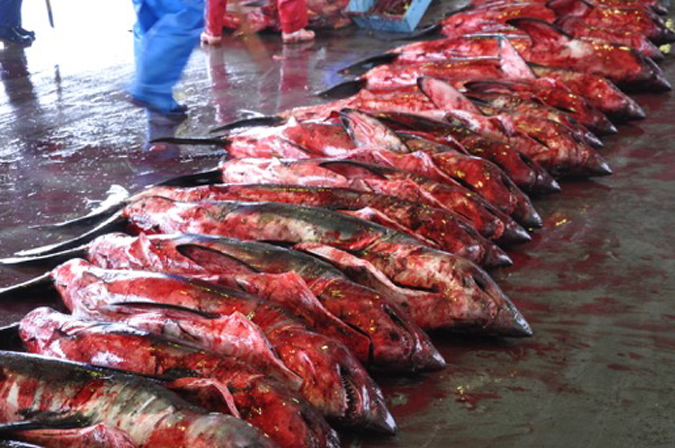
Finned sharks. Image source: WildTrust
The signatories acknowledged the leadership role played by the MSC in ensuring that the board decision on shark finning is fully implemented and that the organisation is seen to champion a no tolerance approach with respect to this “abhorrent” practice.
“We, as a group of leading conservation organisations, small non-profits dedicated to shark conservation and the eradication of shark finning, ethical retailers, and responsible seafood suppliers, are keen to work with you in finding solutions so that the scourge of shark finning is permanently eliminated from all MSC-certified fisheries,” stated the letter.
MSC has acknowledged receipt of the letter and have promised to come back to us within the MSC standard timelines.
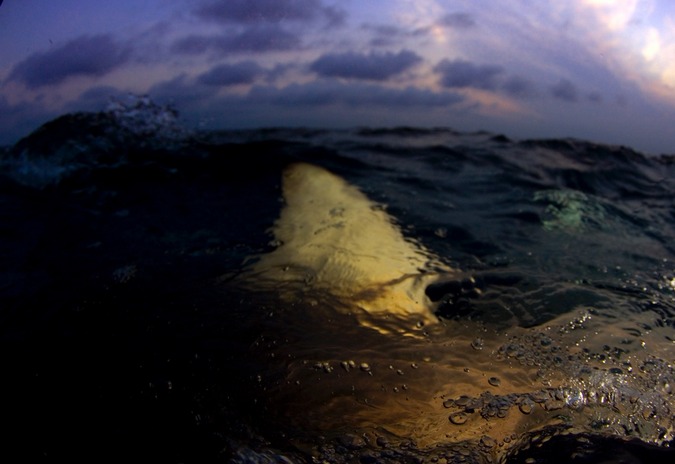
Blacktip shark fin at sunset on Aliwal Shoal, South Africa © Bryan Hart


